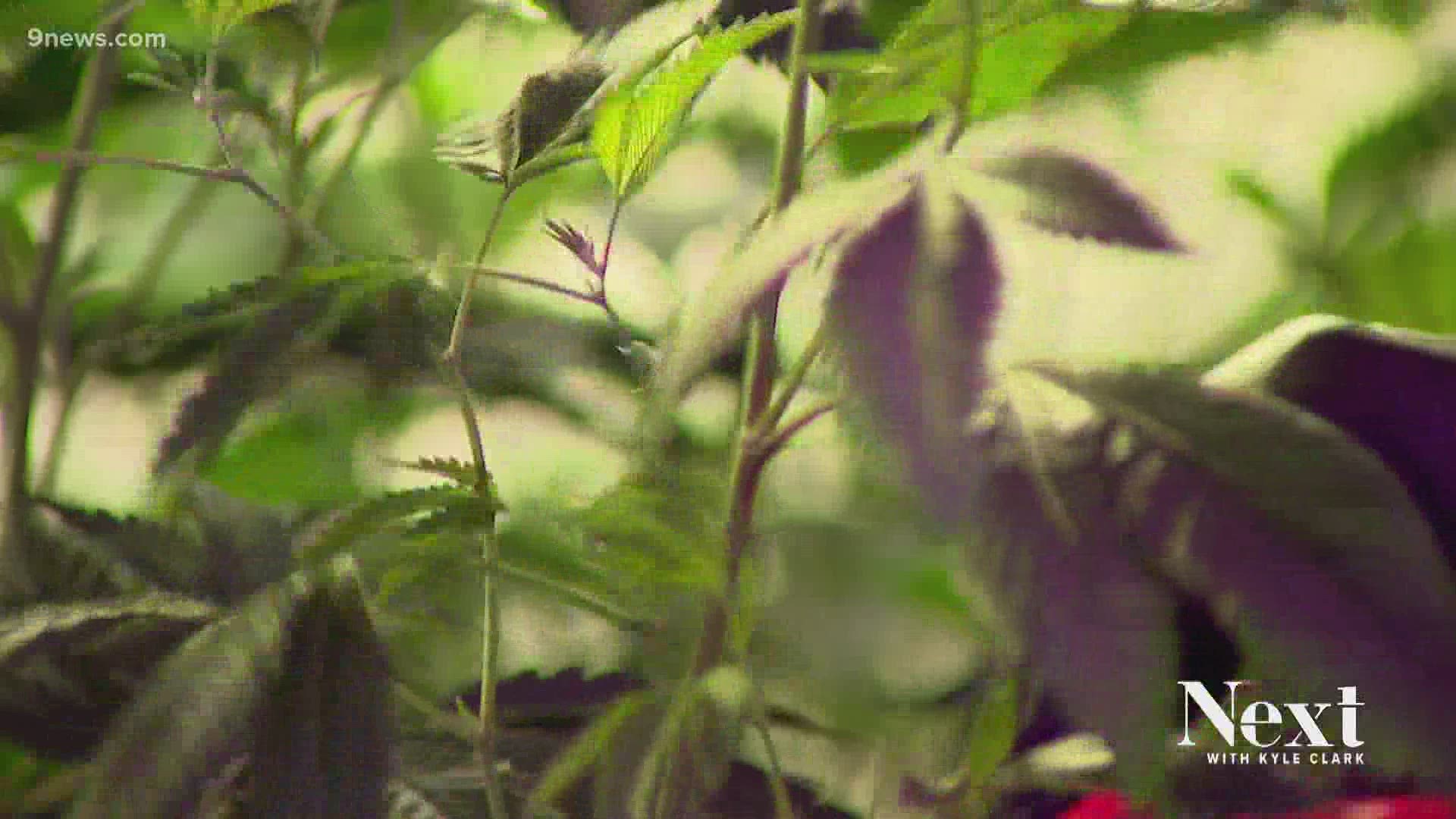DENVER — What do waste management, coal mining and commercial cannabis have in common? The answer is their carbon footprint.
That’s according to a recent Colorado State University study that found that energy used by all three of these industries accounts for 1.7% of the state’s greenhouse gas emissions.
“Hearing those numbers, that’s really when you open your eyes and it hits home a little more,” said Chris Baca, the operations manager for Denver-based cannabis company The Clinic.
The researchers behind the CSU study, which was led by graduate student Hailey Summers, hope to make the environmental impact of the cannabis industry known, while legalization is still fairly recent and the industry can change its processes before they become entrenched.
To date, 36 states have legalized medical use of cannabis, and 15 have legalized recreational use, according to the CSU study.
A big part of the marijuana industry’s carbon footprint simply comes from the fact that the growing is done indoors.
“Growing cannabis indoors, you’re really trying to mimic the outdoor environment,” Baca said. “You’re going to see a lot of lights, you’re going to see a lot of plants, you’re going to see air movement, and a lot of AC.
“Yeah, everything I named there requires a lot of energy,” Baca said.
He said he welcomes studies like CSU’s and that he hopes there’s more research into the cannabis industry’s environmental impact as it continues to grow and more states legalize recreational use.
RELATED: Researchers want to know if marijuana is impacting the environment (and we don't mean the smoke)
“The more we are able to look at this industry and look at this product and study it a little more, I think we are able to move ourselves in the right direction,” he said.
The Clinic has started to compost its waste and use low-energy LED lights to help offset some of its carbon footprint. It has also partnered with the Denver Beer Co. to take the CO2 that it would normally release into the air and use it as a source for its production.
“That's the main goal here, is to try to produce a quality product without destroying our environment,” Baca said. “That's the main goal.”
SUGGESTED VIDEO: Full Episodes of Next with Kyle Clark

